
Tingling or loss of sensation in some part of the body is usually referred to as numbness. Although this may happen on almost any part of the body, hands, feet, fingers and toes are more common location for lack of sensation. Sometimes, people complain about the burning, prickling or pins and needles sensation. These may precede or accompany the numbness and doctors call them paresthesias. Numbness may also be connected with paralysis (loss of movement) but this is always the case.
Loss of Sensation
Loss of sensation may be only temporary issue, after sitting for a long time with the legs crossed or cycling long distances. There are also some patients suffering from chronic numbness, due to some circulatory, orthopedic or other conditions and diseases.
In general, numbness is not connected to some life-threatening conditions, but it may occur in people who have some tumor or experience stroke. However, it can cause complications, including: hand disability, permanent loss of sensation, paralysis, permanent pain, poor quality of life, inability to breathe or walk properly or even organ failure.
Circulation Problems Causing Numbness
Lack of blood flow to some area of the body may be the cause of tingling and loss of sensation in affected body part. Deep vein thrombosis or blood clot in the leg is one of condition known to provoke numbness, but it could also lead to heart attack, pulmonary embolism or even stroke in some cases.
Extreme cold or frostbite may also be responsible for the numbness in some parts of the body.
Conditions such as peripheral artery disease (PAD), arteriovenous malformation, Buerger’s disease or Raynaud’s phenomenon could be explanation for the numbness due to some circulatory problem.
Orthopedic Causes of Numbness
Injuries and damage of the nerves, such as bone fractures, back or neck injuries and too tight cast can provoke loss of sensation. Nerve pressure or entrapment, herniated disc, degenerative disc disease, carpal tunnel syndrome and osteoporosis may also be the causes of numbness.
Numbness Due to Neurologic Cause
Nerve compression or nerve damage, seen in alcoholism, diabetic or peripheral neuropathy, heavy metal poisoning, encephalitis or hypothyroidism is known to lead to loss of sensations. The same problem may affect people suffering from brain tumor, multiple sclerosis (MS), injury or tumor of the spinal cord, stroke or systemic lupus erythematosus. Patients diagnosed with pernicious anemia (caused by deficiency of vitamin B12) or transverse myelitis (inflammation of the spinal cord caused by neurologic factors) can also experience loss of sensations in certain parts of the body.




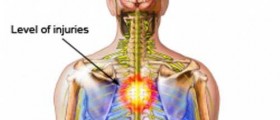
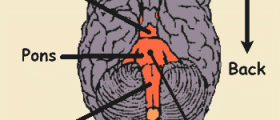

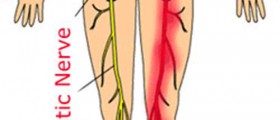
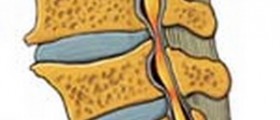





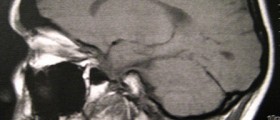
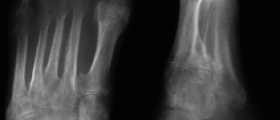

Your thoughts on this
Loading...